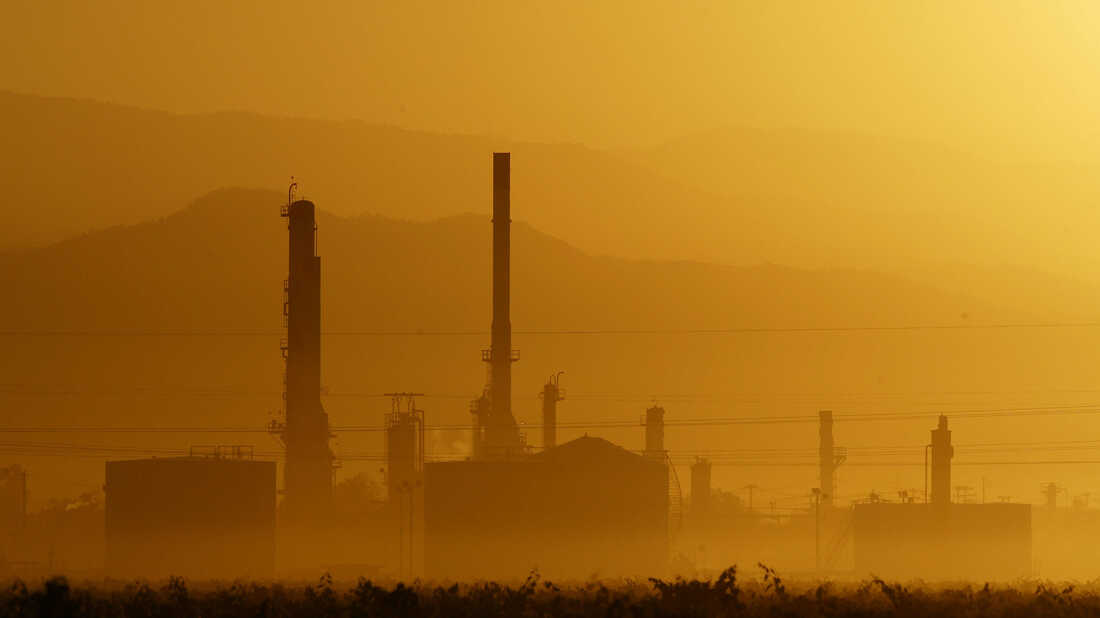
Air pollution in California's Central Valley. David McNew/Getty Images hide caption

Air pollution in California's Central Valley.
David McNew/Getty ImagesCommunities of color are the most harshly affected by climate change in the United States. While the importance of environmental justice is becoming more mainstream, too often people in this movement who are Black, Indigenous and people of color are overlooked and left out of conversations about how to solve the crisis.
Ayana Elizabeth Johnson, a marine biologist, policy expert and writer, wants the broader environmental movement to understand the crucial link between the fight to save the planet and the fight for racial justice.
And we'll hear how the Donors of Color Network is working to increase philanthropic funding for environmental initiatives led by people of color.
Email us at
This episode was produced by Eliza Dennis. It was edited by Jeanette Woods. Our executive producer is Natalie Winston.

 Live Radio
Live Radio